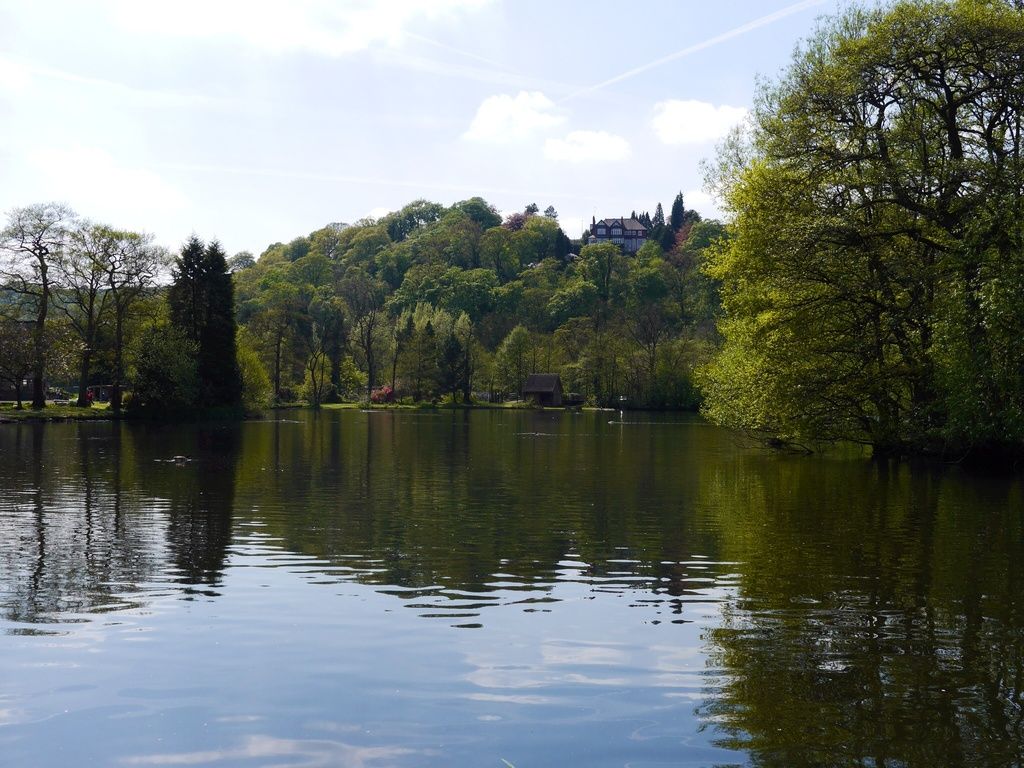Municipal authorities step up to safeguard Munich residents amidst surge in temperature
Headline: Burning city blues: Munich fights climate change with a new heat protection plan
Munich, Germany, is on high alert as record-breaking heatwaves and droughts threaten the city's stability. To combat this crisis, local authorities are developing innovative strategies to protect its citizens.
Heat and drought plague Bavarian cities
Lately, several cities in Bavaria, including the industrial hub of Nuremberg and charming Bayreuth, have started drafting special action plans to tackle heatwaves and drought. Yet, questions linger as to whether these measures are sufficient.
The heat is on: official response to Bavaria's heating crisis
Bavaria's Health Minister, a representative of the CSU political party, shared her concerns with the German Press Agency regarding cities with high population density and numerous paved roads. Elderly residents, babies, young children, pregnant women, and those with preexisting conditions run the highest risk during heatwaves. To alleviate this, the state government is working closely with urban areas to formulate heat-related action plans and local measures.
In response, Green Party member and politician, Patrick Friedl, expressed apprehension since the state government is currently stalling on a crucial funding program called 'Communal Climate Protection.' Friedl emphasized that without monetary support, successful heat protection for Bavarians will not be achievable.
Munich's heat safety plan in practice
In Munich, the fight against extreme temperatures involves interactive maps that pinpoint accessible drinking water fountains and cool areas, such as parks and church buildings. The Building Authority currently manages 90 public drinking water stations, with plans to double that number by year's end. A testament to the collaboration of several city departments working together to ensure the well-being of Munich's residents.
Thermal wave warning
There is no standardized definition of a 'heatwave' internationally. Germany's weather service (DWD) defines it as a stretch of three or more consecutive days where temperatures surpass 28 degrees Celsius (82.4 degrees Fahrenheit).
Munich News
Traffic chaos: Severed power cables cause traffic delays on autobahn A96
Sunday morning update: Train incident involving an object results in alterations to regional train schedules
Murder investigation: Young man threatens taxi driver, flees on foot leaving multiple crime scenes behind
My News
- Netflix's latest release: Top 10 shows to stream this weekend
- German Bundesliga: Bayern Munich sets scoring record to finish league unbeaten
Car stranded between two highways: Driver loses control on rain-soaked roads - urgent response needed
City Heat Protective Measures: Turning the Tide on Climate Change
As global temperatures continue to rise, cities like Munich must adapt rapidly to protect their citizens. Recent efforts have taken the following forms:
- Public education and international cooperation: Collaborative initiatives like Heat Action Day 2025 partner with health and research organizations to spread awareness about heat-related risks and best protective practices.
- Scientific research and evidence-based action: Climate research institutions work to provide policymakers with valuable data to inform urban adaptation strategies and protect vulnerable groups.
- Urban resilience projects: Frameworks like Ready4Heat, focused on cities susceptible to sudden heatwaves, offer short-, medium-, and long-term measures to improve climatic adaptability, such as developing local heat-health action plans and enhancing public awareness and early warning systems.
Evaluation of Efficiency
City leaders are working diligently to tackle climate change and create resilient communities. Although progress is significant, a few obstacles remain:
- Strengths: Collaboration between health, research, and municipal organizations promotes information-sharing and advancements in heat protection. Awareness campaigns help spread vital knowledge about heat-related health risks and prevention methods.
- Limitations: Public knowledge and understanding of thermal hazards and protective measures remain limited in certain sectors. While innovative ideas like complex urban adaptation strategies have emerged, their implementation may still be in the initial stages, leaving key infrastructure, such as heat warning systems and cooling centers, lacking. Speed and scale are crucial to accommodate the ever-escalating risks posed by climate change, especially for vulnerable populations.
Impact of Munich's Heat Protection Measures
With a foreseeable spike in temperatures, it's clear that Munich's city leaders are committed to safeguarding their residents. New heat-related measures, research, and education offer hope for a more resilient and adaptive city, tackling the climate crisis head-on.
- The implementation of new heat-related measures, research, and education in Munich indicates a commitment to address the challenges posed by climate change and safeguard its citizens' health and wellness.
- As Munich and other Bavarian cities work to combat extreme temperatures, scientists and policymakers will partner to leverage innovative strategies in the field of science, ultimately aiming to improve health and wellness in the face of climate change.




